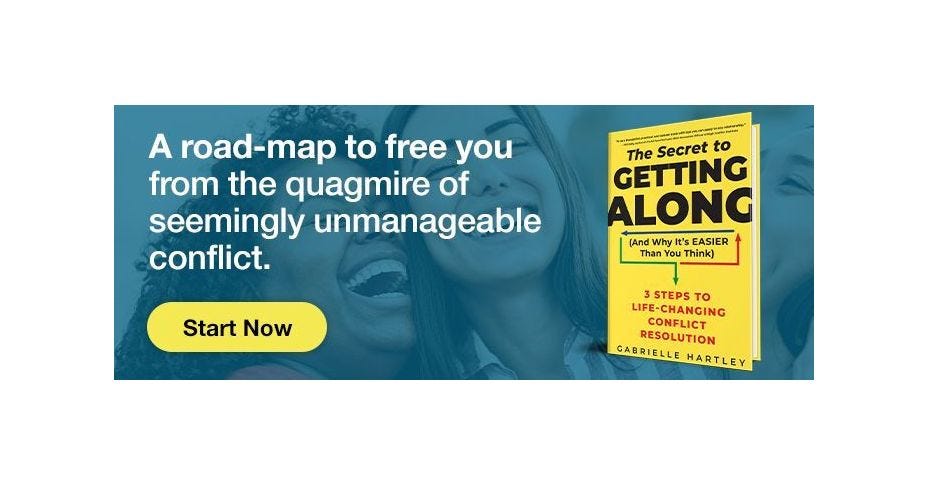It probably comes as no surprise that I have a lot of strong opinions about a lot of topics…
When the pandemic arrived and education for kids shifted online, some of those opinions involved how I thought the kids should be educated. Instead of using the pandemic as an excuse for “downtime,” I wanted the teachers to rise to the challenge and to innovate on how they taught my children.
As it turns out, this was not a popular opinion in my larger group of “friends” on social media.
My choice was to make my opinions known or to use some of my conflict resolution skills and navigate the topic in a much more powerful way.
The short process below is how I did that. And while I used it to deal with addressing education during the pandemic, you can use this in and around any conflict or potential conflict in your life.
- First, pause. Take a breath to give yourself time to respond rather than react.
- Second, ask yourself what your goal is in saying whatever it is you’re thinking of saying and if you are saying things as calmly and clearly as possible.
- Third, ask yourself how likely what you are going to say is going to achieve your goal. (Giving my opinion on what teachers should do, rightly or wrongly, was not going to sway anyone’s opinion.)
- Fourth, once you are confident that you are responding rather than reacting, you are saying whatever you have to say in the best way possible and you believe that saying what you want is going to achieve your goal, decide whether saying it is worth it.
- And finally, fifth, consider if the circumstances are right for voicing negative or controversial feedback. Does the person you are speaking to feel supported and heard by you? Have you done enough listening?
I am not suggesting that you stone-wall or remain silent on important issues, but consider where, when, and how you say things and think about your audience. We all need to hear a load of positives (around 8) to truly hear and respond well to a negative.
Had I followed my own advice in the case online and decided that I wanted to publicly give my opinions about Covid education, before giving my opinion, I would have been wiser to first acknowledge the very real struggles everyone was facing in the moment and would be facing going forward. By engaging and listening to what others had to say, the conversation could have gone much better. At the time, I did the next best thing, which was to take a step back and disengage so things remained calm and there were no negative long-term unintended consequences.
Consider whatever hot button topics you have encountered over the last week or month. Did you handle them the best way possible? Remember, you don’t have to change who you are to handle discord with greater skill. Small changes in how we think about and address conflict can have tremendous impact in our relationships in all parts of our life.
- Gabrielle Hartley, author of The Secret to Getting Along

